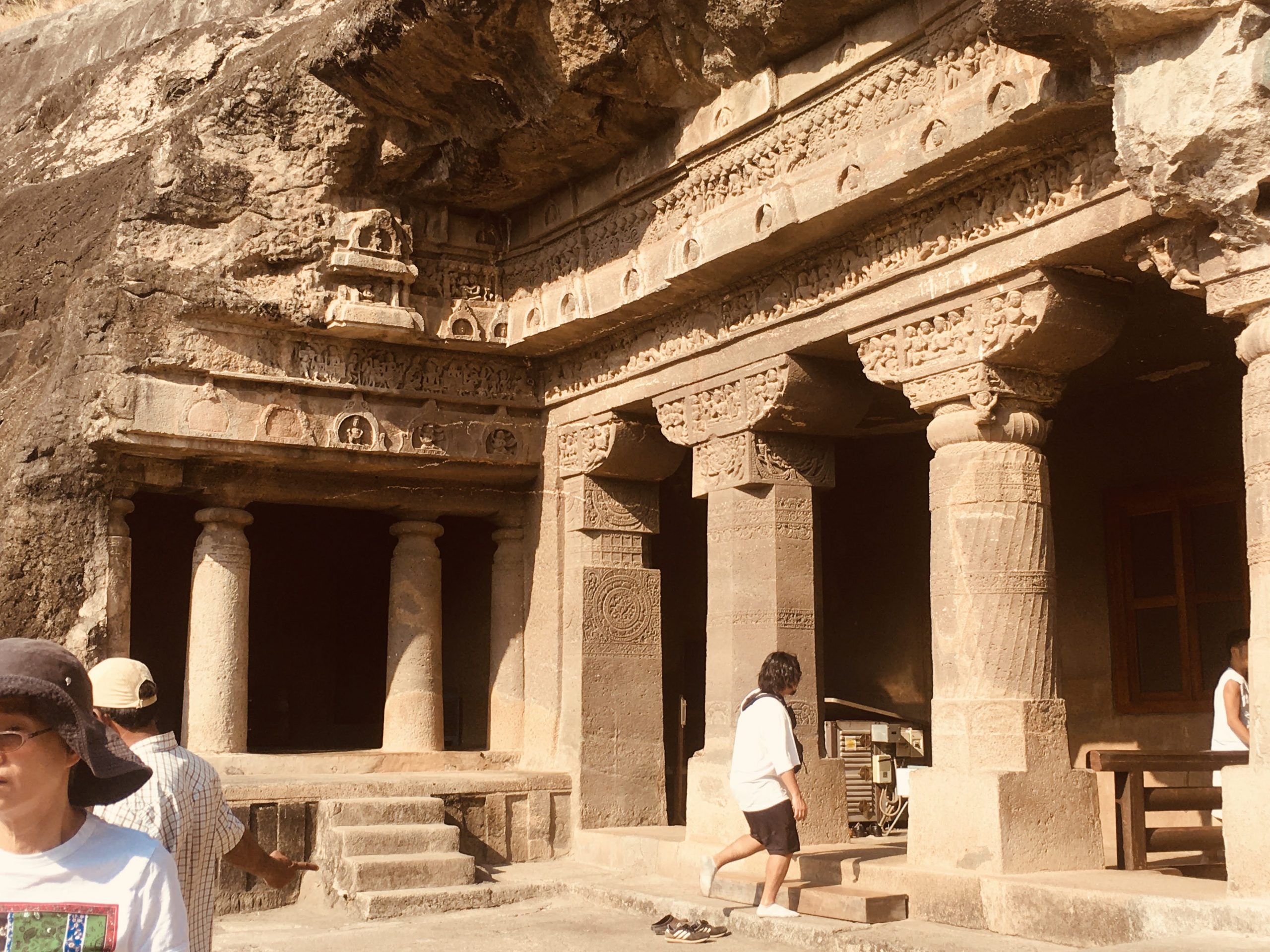Ajanta Caves - Maharashtra, India - Travel & Discover
The
caves of Ajanta are a collection of 29 Buddhist temples. Hidden in the hills of
Northwest India, about 120 miles [200 km] from the busy streets of Mumbai, lies
a gem of art and religion.
The
caves of Ajanta, built on the slopes of the mountain, appear like a horse
around the Wangorah River. These caves are unparalleled examples of one of the
nation's distinct art forms — temples carved. Some of these caves date back to
the 2nd century BC. Combining Buddhist traditions of Theravada and Mahayana,
Ajanta caves boast of some of the most valuable Buddhist artefacts engraved on
them. These spell caves are located 55 kilometers from the city of Jagaon and
just 105 kilometers from Aurangabad, Maharashtra.

Ajanta Caves - A brief summary
Buddhism
is largely divided into two sects, the Hinyana and the Mahayana. The Ajanta
Caves perfectly reflect the fine line of transmission between these two
Buddhist sects. The Hinyana sect did not venerate any deity, and the group
worshiped owls with the same rock formations as the Buddha. The Mahayana sect,
on the other hand, used images of various gods and goddesses that they believed
in. It is of interest to note that the Ajanta Caves included both Prayer Halls
(known as Chaitya) and monasteries. The caves include both Hinyana and Mahayana
art, architecture, painting and writing. The caves representing the Hinyana are
8, 9, 10, 12, 13 and 15 caves, and the caves associated with the Mahayana sect
are numbered 1, 2, 16, 17, 19, 26. Among the caves in Mahayana, 19 and 26 are
places of worship .
Caves 1 and 2 show some fascinating paintings depicting Jataka Tales (Jatak Katha). Another common image of an excellent statue is a statue of a Buddha delivering sermons sitting on the floor. Cave no. 10 also depicts Jatak Katha, and also boasts of beautiful Buddha statues. In caves 16 and 17 it is a miracle that shows the incomparable structure with images of the child and youth period of Lord Lord Buddha, Jatak Katha, Saraswati Tales, etc. In the caves that ranged from 20 to 25 they were used to live in the old days. Caves from 1 to 8, except numbers 4 and 7, and from 14 to 17, are monks.



0 Comments